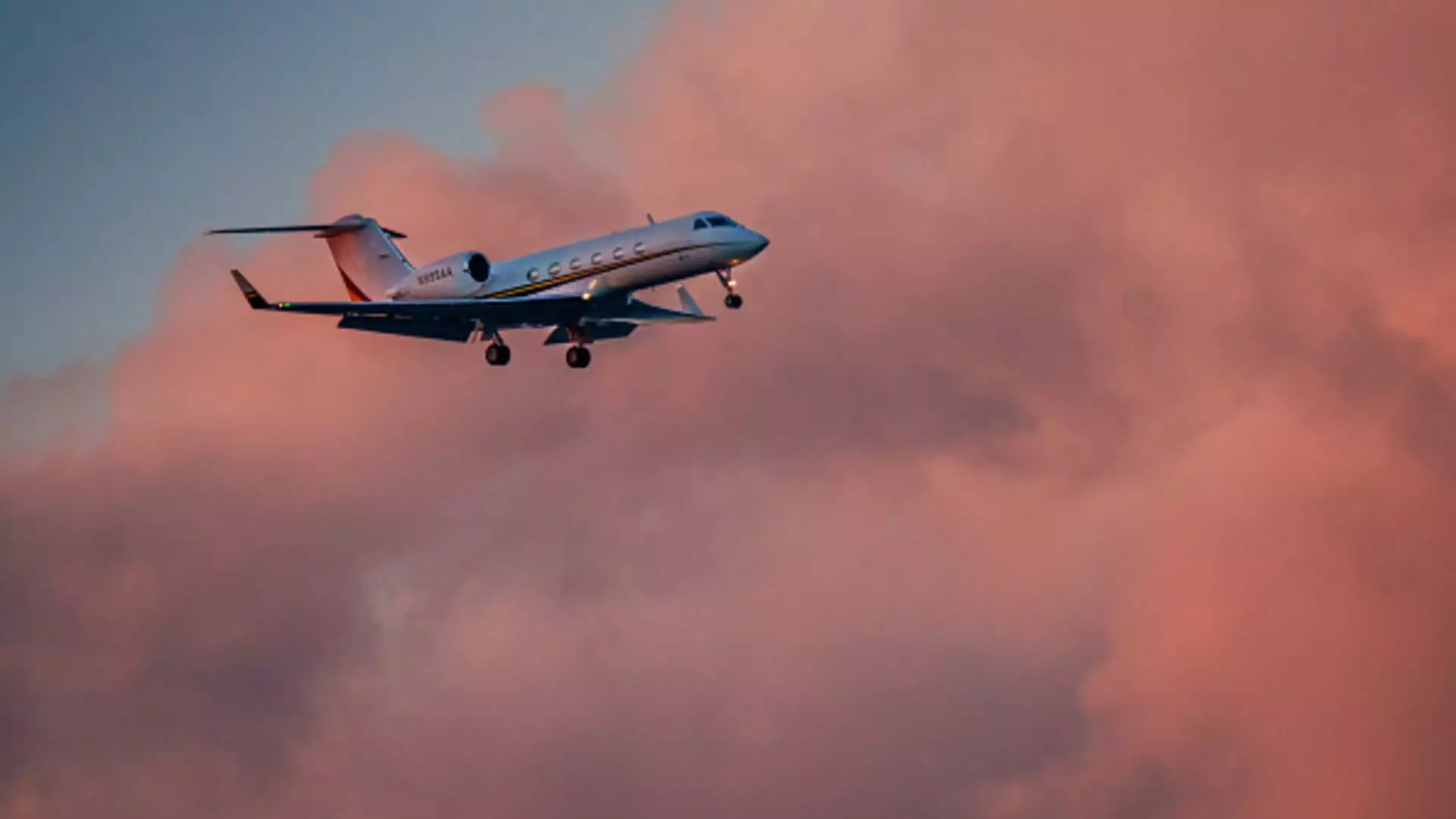The private jet industry has experienced a significant decline in flights during the first half of the year. Private jet charter flights dropped to 610,000, down from 645,000 the previous year and 716,000 in 2022. This decrease highlights the ongoing correction in the world of private aviation as the surge of new jet card members and charter fliers who began traveling privately during Covid pull back.
The challenges and fleeting success in private aviation can be traced back to the Covid pandemic. In 2020, as airports and airlines shut down, private jets offered an escape and a safer way to fly. Wealthy travelers who had previously been hesitant to fly private due to cost and energy consumption could now justify isolating at 40,000 feet. The flood of liquidity from government spending, stimulus packages, low-interest rates, and a booming stock market also created record amounts of wealth to support the soaring costs of flying private.
Several key players in the private jet industry have faced financial struggles and shut downs as demand has fallen. For instance, Jet It, a large U.S. private jet operator, shut down last year after grounding its fleet of planes. Wheels Up, another prominent company in the industry, saw its stock plummet before receiving an investment from Delta Air Lines to stay afloat.
With the decline in demand for private jet travel, unsold planes are piling up and prices are softening. The number of used business jets for sale increased by 17% in July compared to the previous year, while prices fell by 7%. While orders for new jets remain strong, wait times have decreased from three to four years to about two years for many models. Industry executives view this drop in demand as a positive sign that the industry is returning to a more balanced equilibrium.
Despite the overall decrease in private jet travel, some fliers are still opting for the fractional ownership model. NetJets, owned by Berkshire Hathaway, has experienced an increase in fractional flights during the first half of 2024. This shift indicates that some customers prefer the reliability and quality of fractional ownership over traditional charter flights.
The private jet industry has seen a significant transformation in the post-Covid world. The initial surge in demand during the pandemic has given way to a decline as some travelers revert to commercial flights or opt for fractional ownership. While the industry may be facing challenges and shakeouts, there are still opportunities for growth and innovation in the private jet travel sector.

Leave a Reply